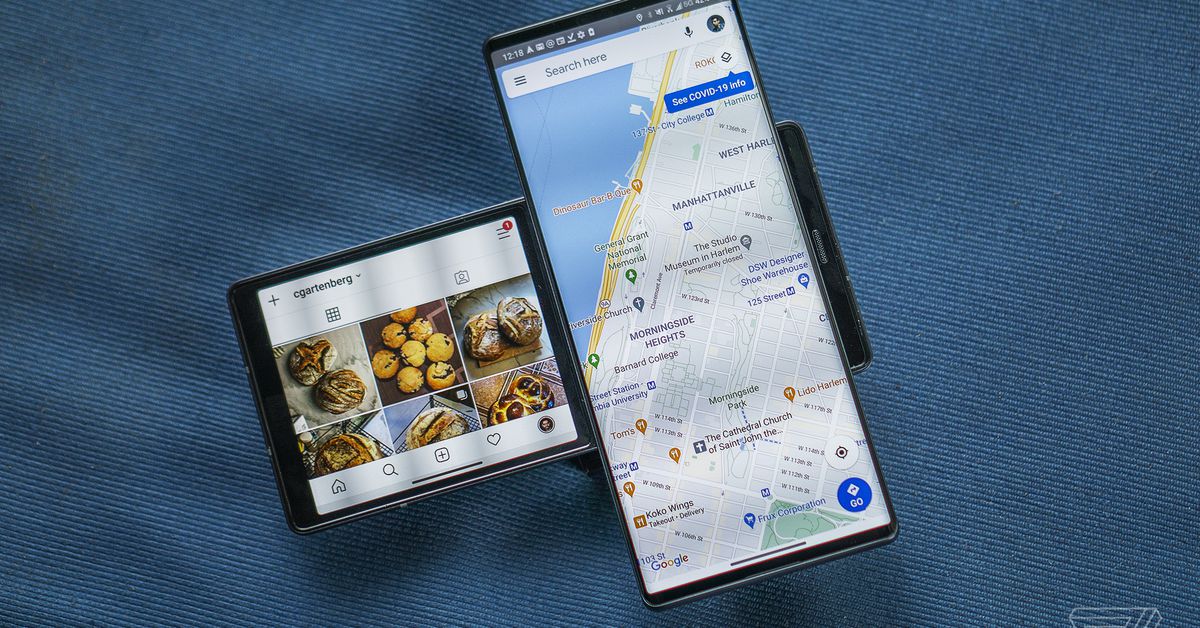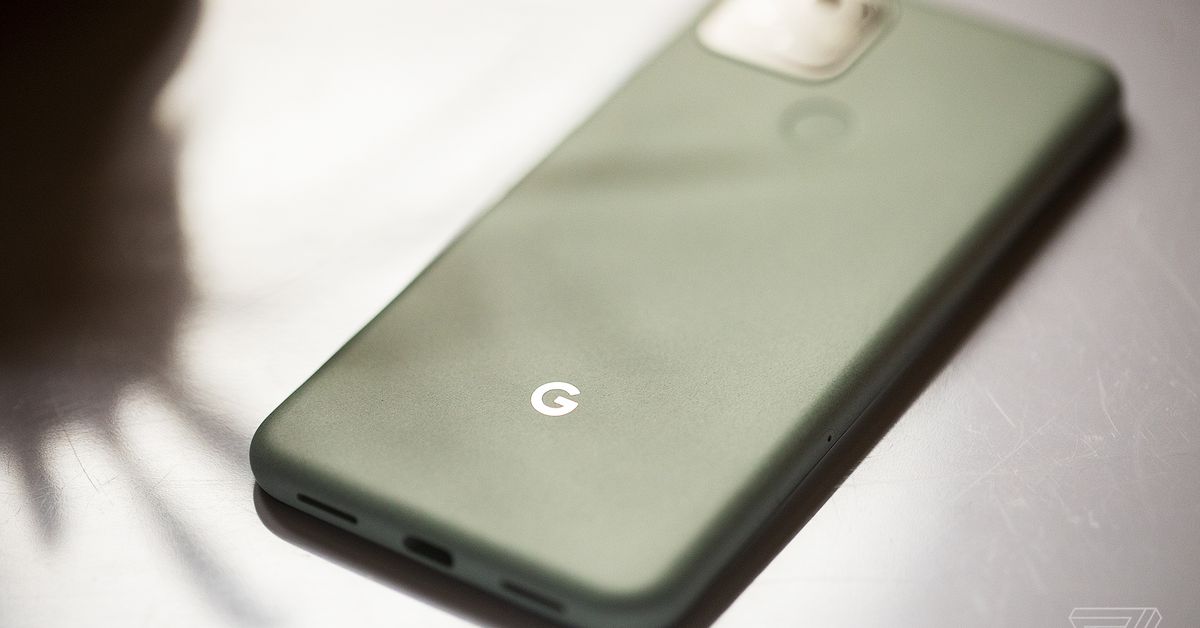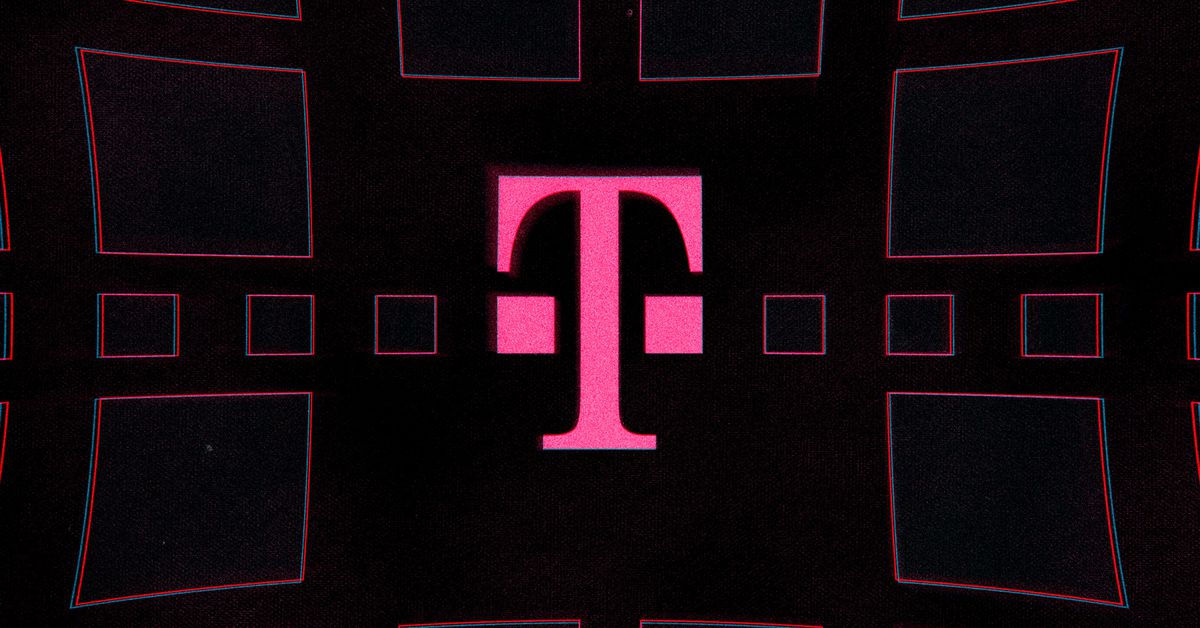LG is exiting the smartphone business, the company confirmed today. The decision will “enable the company to focus resources in growth areas such as electric vehicle components, connected devices, smart homes, robotics, artificial intelligence and business-to-business solutions, as well as platforms and services,” LG said in a statement.
Existing phones will remain on sale, and LG says it’ll continue to support its products “for a period of time which will vary by region.” The company hasn’t said anything about possible layoffs except that “details related to employment will be determined at the local level.” LG says it expects to have completed the business’ closure by the end of July this year.
The move has been rumored for several months, following the division’s huge losses over the past five years. Once considered a rival to fellow South Korean manufacturer Samsung, LG’s recent high-end smartphones have struggled to compete, while its more affordable handsets have faced stiff competition from Chinese rivals. The company had previously said it hoped to make its smartphone division profitable in 2021.
Today’s news means LG’s long-teased rollable phone is unlikely to ever see the light of day. The last time the company showed off the device was back at this year’s virtual CES when the company insisted that the device was real and would be launching later this year.
An attempt to sell the division reportedly failed
Reports that LG has been considering exiting smartphones have been around since at least the beginning of this year. Although a company spokesperson branded an earlier report about the company’s potential exit from the smartphone business “completely false and without merit,” an LG official later confirmed to The Korea Herald that the company had to make “a cold judgment” about the division. Potential measures could include “sale, withdrawal and downsizing of the smartphone business,” the official said at the time.
In March, reports emerged that the company had tried to find a buyer for its smartphone business, but that talks had stalled and it could instead shut down the division. Korean outlet DongA said the company had ceased development of its upcoming phones with rollable displays, and that it had shelved its planned smartphones for the first half of this year.
As it lost share to rivals, LG released a series of eye-catching devices with unusual form-factors. There was the LG Wing, whose main display rotated to reveal a smaller secondary screen beneath it, or its recent dual screen devices. LG also tried its hand at a modular smartphone with the LG G5, only to abandon the initiative a year later.
Unfortunately for LG, none of these features were useful enough to turn the phones into mainstream hits, and meanwhile the company’s more traditional handsets fell behind their rivals in core areas like camera performance.
LG joins a long list of high-profile device makers to give up on smartphones over the years, although many of the brand names have stuck around on devices made by third-party manufacturers. Nokia’s consumer-facing brand lives on atop handsets made by HMD, while Blackberry’s branding was initially used by TCL and is set to return this year on a device made by OnwardMobility. There’s also HTC, which still sells a few oddball handsets but sold most of its IP to Google in 2017. Who’s next?




